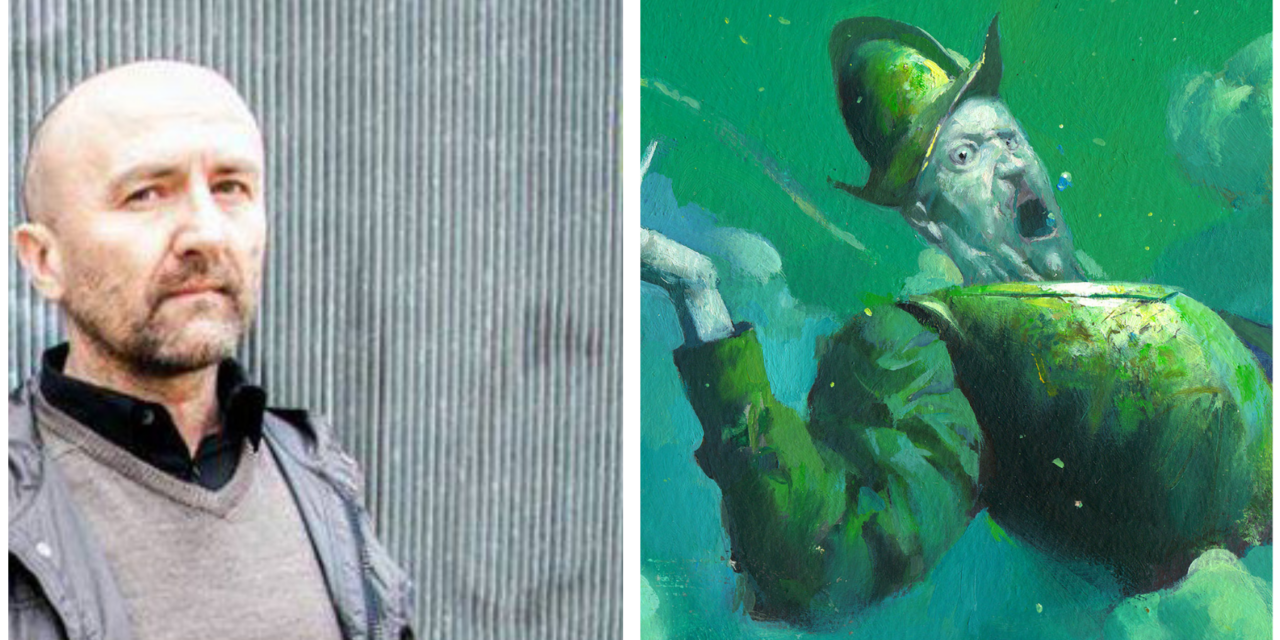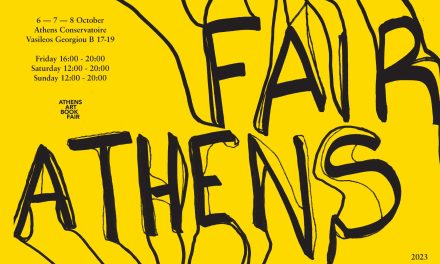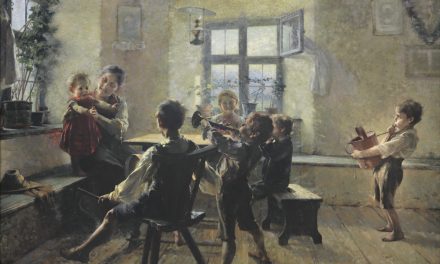The exhibition Wow Pow! Bam! Comics and Painting, A meeting at the end of the 20th century, currently on view at Zoumboulakis Gallery, presents an excellent opportunity to delve into the world of comics, their enduring effect on the art world as well as the way they have interacted with conventional forms of artistic expression.
For decades, through their unique visual characteristics and narratives, comics have transcended boundaries between different art forms and blurred the lines between the so-called high and low art. Closely associated with pop art and mass culture, comics suggest a new aesthetic approach, introducing new elements, concepts, and techniques and have contributed to the emergence of new genres in art.
As far as Greece is concerned, there was a boom in the 80s. Comic magazines like Babel and Para Pente were published, creating fertile ground for young and talented artists to explore new ways of artistic expression and suggesting various alternative approaches. Fascinating, funny and intellectually stimulating works of art were produced, redefining the potential of painting and personal narratives.
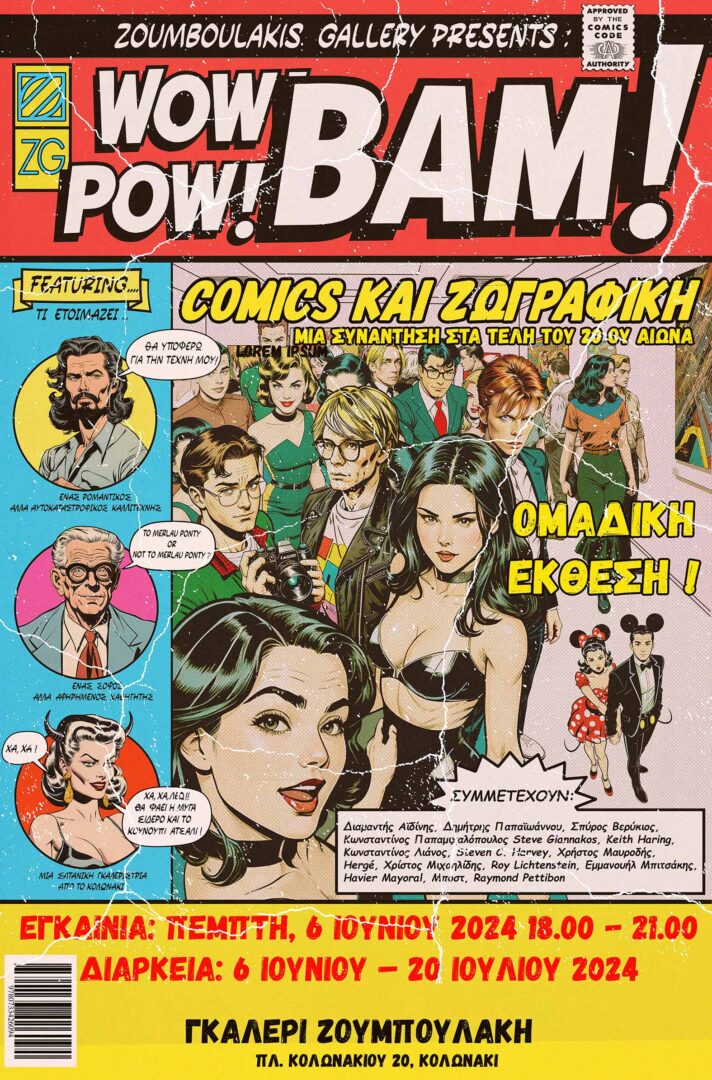
Visual artist Spyros Verykios, co-curator of the exhibition and prolific comic book creator, talks to Greek News Agenda* about the evolution of comics and their significant potential. His art incorporates Neo-expressionism and Pop art elements creating metaphysical narratives through oil paintings and illustrations.
Spyros Verykios studied painting at the Athens School of Fine Arts. His paintings have been exhibited in various galleries and cultural venues in Greece and abroad. At the same time, he has worked in cinema and has a significant career as a comic book creator. He has curated seven group exhibitions of contemporary art. He is an Associate Professor at the Department of Arts, Sound and Image, Ionian University.

What drew you to the world of comics?
I could start with what Picasso said: “The only regret I have in my life is that I didn’t make comics”. This implies a desire to engage in something that might not be considered very serious. However, my path took a reverse turn. I started as an amateur comic artist and then took up painting while attending the Athens School of Fine Arts. Later on, I returned to comics.
My cultural references were very limited at the beginning. My relationship with the image was limited to comics and cinema. I just loved comics before and I still do.
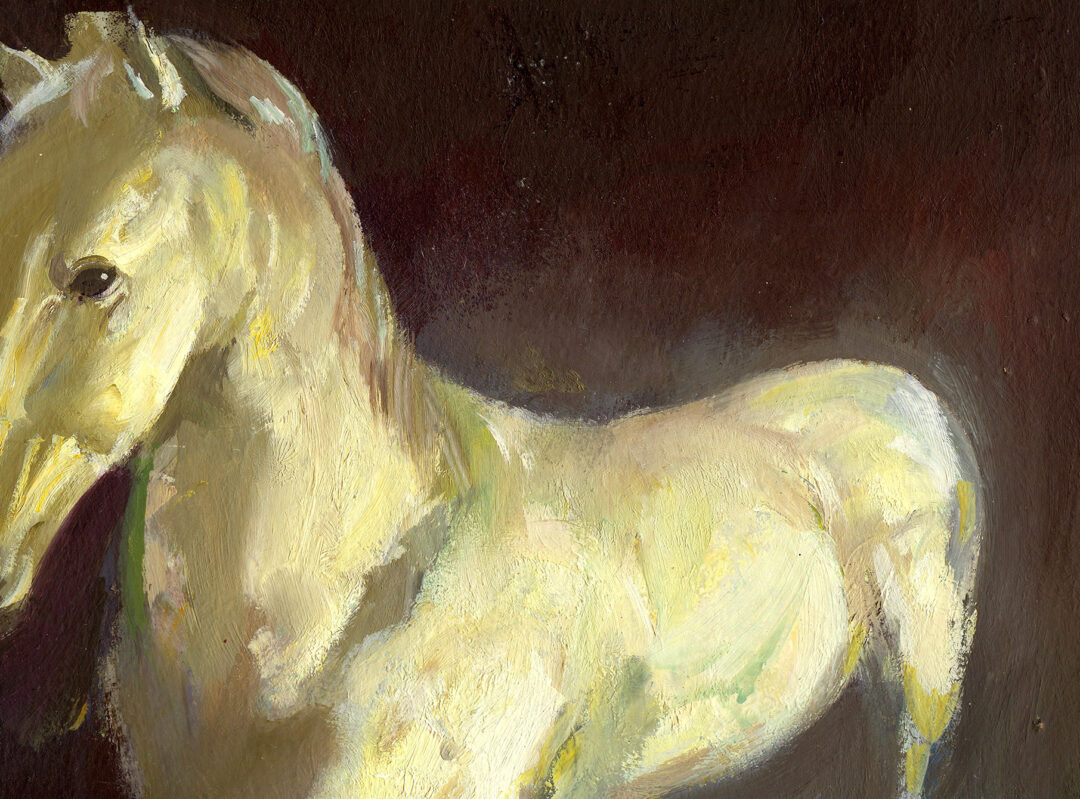
What do you consider to be their comparative advantages over other forms of art?
Every medium has its strengths and limitations, as well as the burdens stemming from the “sins of its parents”. There is often confusion among visual artists about the use of illustration by comic book creators. The comic book, however, is not a drawing. It is storytelling.
One of the advantages of the comic is that it doesn’t take itself too seriously. Its creators focus on what is essential to any art form: expressing themselves honestly and simply communicating with their audience. They have no aspirations of being exhibited living or dead at MoMA.
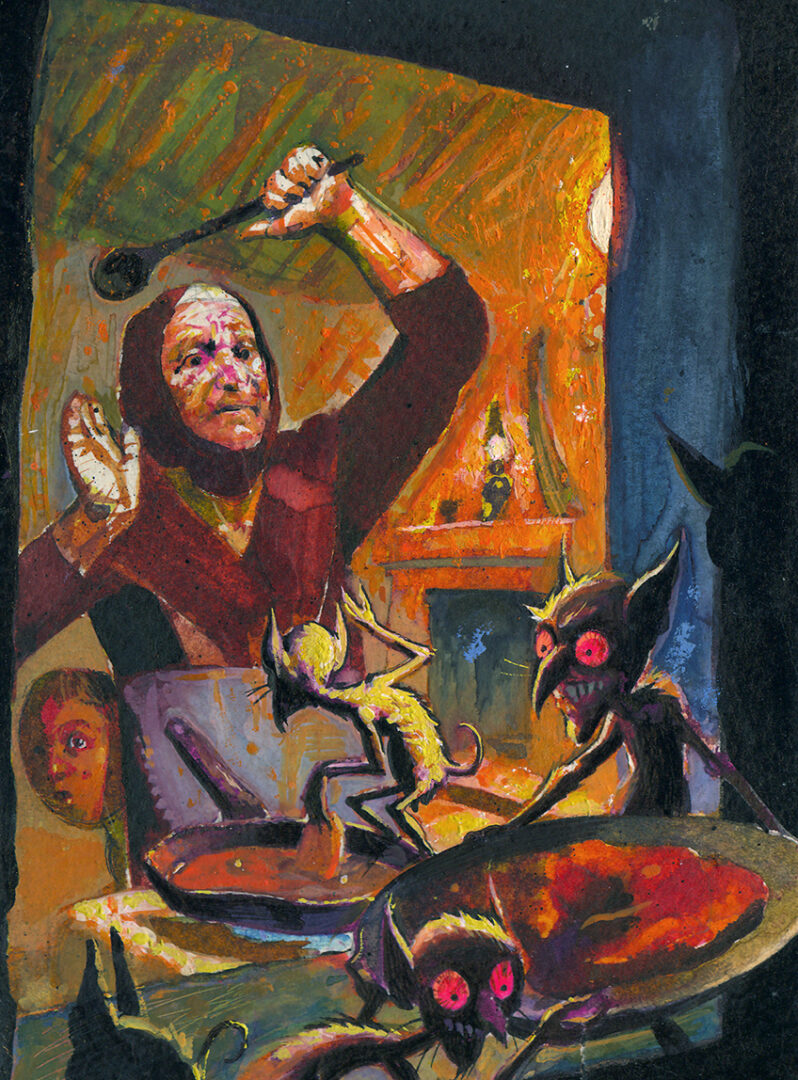
Where do you draw inspiration from and what is your subject matter?
I draw inspiration from other artists, my sense of image and narrative rhythm, and lately, small everyday stories. When Aristotle said that drama is an imitation of life events or actions, he knew what he was talking about.
When it comes to painting, things are more about the language of the medium. However, the relationship to the truth of experience remains just as important.
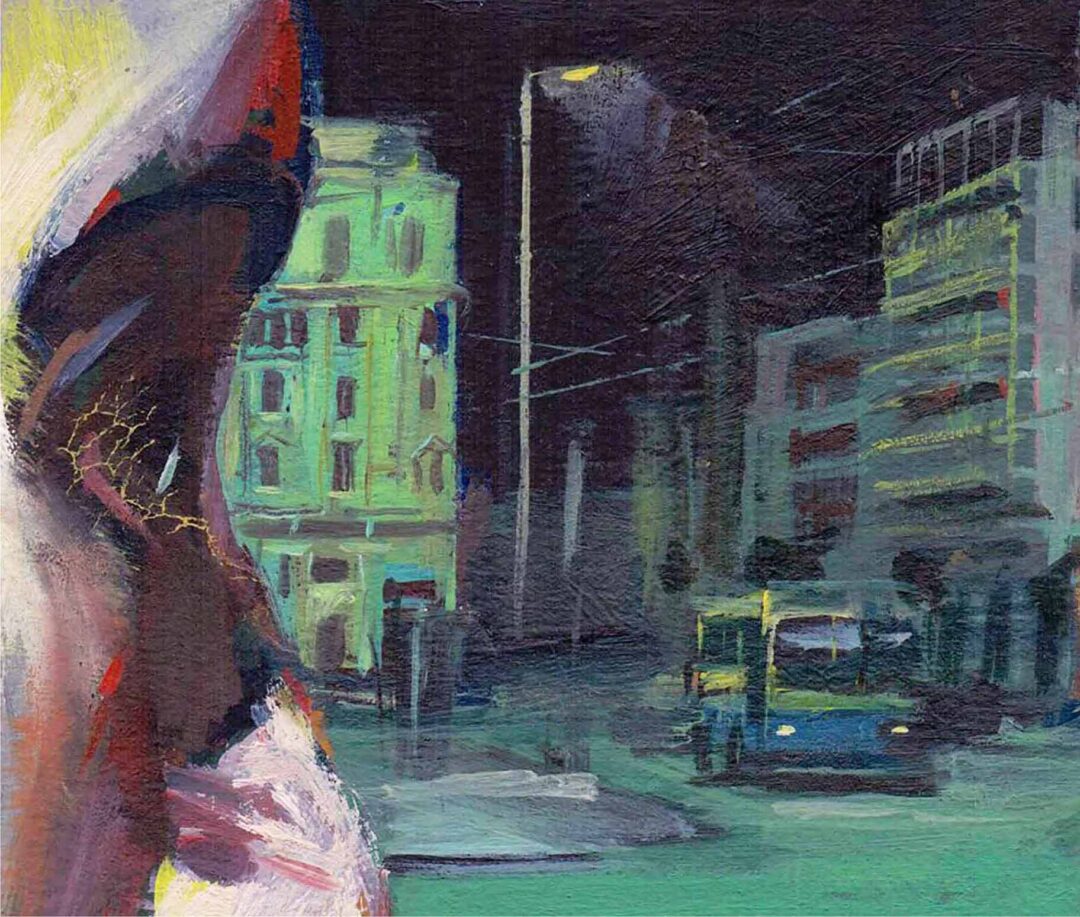
To what extent do you think comics relate to, incorporate elements of, or differ from popular culture?
Comics were born as a cheap popular entertainment medium, quickly consumed and just as quickly forgotten. When a critical mass of publishers and readers was established, some creators decided to exploit comics differently. Something similar happened with science fiction in America’s pulp pamphlets. In the 1960s, some young writers decided to jump into this non-literary serious genre and use it as a field for formalistic and thematic experimentation.
Could you tell us a few words about the evolution of comics in Greece? Any prediction about their future?
Babel and Para Pente were not just means of entertainment. They created a space for expression and reflection, contributing to critical thinking, knowledge, and aesthetics of their readers. They certainly left their mark and paved the way for the future development of comics in Greece.
As for the future, I would rather not make any predictions. Right now, however, there is a plethora of new creators producing very interesting work. At some point in the future, when conditions are ideal, something new will be created that will have the same impact as Babel and Para Pente. Something completely new and different. And hopefully, just as “dense” in content and meaning.
*Interview by Dora Trogadi
TAGS: ARTS

